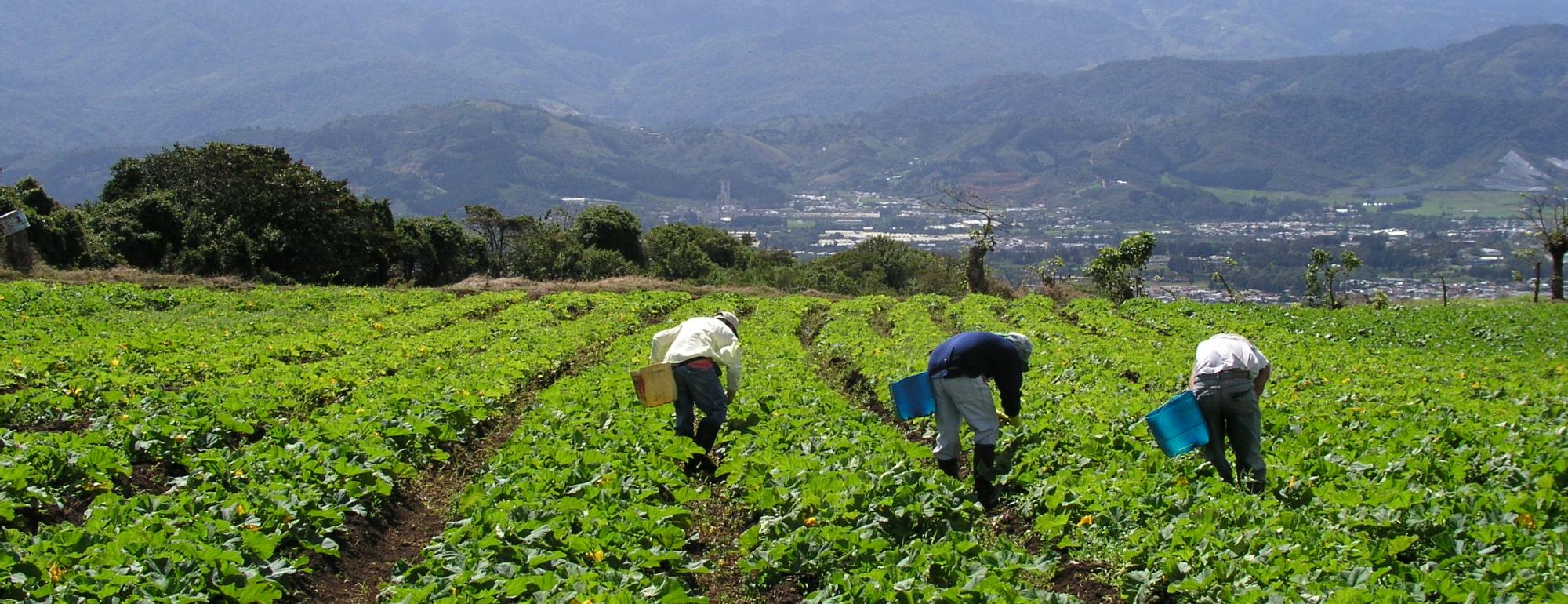The table below is a list of resources available to help support farmers through hardships caused by the pandemic (here it is in Excel format). Please not that the list below is not exhaustive, and other programs may be available.
For more information, see:
**Add your farm to the Yolo County List for farm worker vaccination clinics to be contacted to to schedule a farm worker/producer clinic in your region or at your farm site: Yolo County Agriculture Worker COVID-19 Vaccine Clinic Sign Up Form **
Farmers’ Guide to COVID-19 Relief Third Edition
National Young Farmers Coalition COVID-19 Resources
ATTRA Sustainable Agriculture COVID-19 RESPONSE Resources (incluyendo recursos en Español)
Program |
Summary |
Eligibility |
Funds |
Link |
|---|---|---|---|---|
| Bricmont Hardship Assistance Fund | Direct financial assistance exclusively to organic producers who suffer financial losses due to extreme hardship | Certified organic operations, experienced economic hardship | $1,000 - $2,500 | https://www.ccof.org/ccof-foundation/bricmont-hardship-assistance-fund |
| California Family Farmer Emergency Fund | Direct support family farmers to help ensure they make it through this crisis. |
Family farmers who are actively working the land, derive a portion of their income from their own farm business, and are involved in the day-to-day operations of the farm Farmers whose operations make a minimum of $10,000 and a maximum of $400,000 in gross sales annually Because of systems of historic oppression, the most vulnerable populations will bear the brunt of the impact of this crisis. For this reason, at least 50% of all grant funds will be awarded to farmers of color, immigrant farmers, and undocumented farmers |
$1,000, $2,500, or $5,000 | https://www.caff.org/cafamilyfarmeremergencyfund/ |
| American Farmland Trust Farmer Relief Fund | Cash grants of up to $1,000 each to help farmers weather market disruptions caused by the coronavirus crisis. | Any small and mid-size direct-market producers | $1,000 | https://farmland.org/farmer-relief-fund/ |
| California Re-Build Fund | a loan program to support California’s small businesses—especially those located in economically disadvantaged and historically under-banked areas of the state | Small business with 50 or less employees and gross revenue of less than $2.5 million or below in 2019. | $100,000 loan, paid over a 3- 5-yrs . Interest 4.25%. | https://www.connect2capital.com/p/californiarebuildingfund/ |
| USDA Farm Service Agency Microloan Program | Financing for traditional and non-traditional family farms and ranches may be eligible for Microloan financing. | Small, beginning farmer, niche and non-traditional farm operations, such as truck farms, farms participating in direct marketing and sales such as farmers’ markets, CSA’s (Community Supported Agriculture), restaurants and grocery stores, or those using hydroponic, aquaponic, organic and vertical growing methods. | $50,000 maximum | https://www.fsa.usda.gov/programs-and-services/farm-loan-programs/microloans/index |
| Emergency Mini-Grants for Livestock and Poultry Farmers | Mini-grants for livestock and poultry farmers who are experiencing hardship due to the COVID-19 pandemic. | Farms must be located in the continental United States and be working, independent family farms. | up to $500 | https://foodanimalconcernstrust.org/minigrants |
| COVID-19 Economic Injury Disaster Loan (EIDL) | Economic relief to businesses that are currently experiencing a temporary loss of revenue due to coronavirus (COVID-19). | Agricultural enterprises with 500 or fewer employees are eligible. Agricultural enterprises include small business concerns engaged in the production of food and fiber, ranching, and raising of livestock, aquaculture, and all other farming and agricultural-related industries. Business must have been in operation on January 31, 2020 and have suffered a “substantial economic injury.” A substantial economic injury means the business has suffered economic harm such that it is unable to do at least one of the following three things: (1) meet obligations as they come due; (2) pay ordinary and necessary operating expenses; or (3) market, produce, or provide a product or service that is normally marketed, produced, or provided. | Interest is 3.75% for businesses | https://www.sba.gov/funding-programs/loans/coronavirus-relief-options/economic-injury-disaster-loans |
| Small Business Paycheck Protection Program (PPP) (through CARES act) | Loans to help businesses keep their workforce employed during the Coronavirus (COVID-19) crisis | Agricultural producers, farmers, and ranchers are eligible. The vast majority of farms will qualify as sole proprietorships or under the category of self-employed individuals. | https://www.sba.gov/funding-programs/loans/coronavirus-relief-options/paycheck-protection-program | |
| USDA Coronavirus Food Assistance Program 2 (CFAP 2) | Direct payments for farmers affected by the COVID-19 crisis. For more info on CFAP2, payment calculator, and eligibility info please visit www.farmers.gov/cfap or call 877-508-8364 to speak directly to a USDA employee to offer assistance. | Farmer must be what USDA calls an eligible producer (see guide for more information). | http://www.flaginc.org/wp-content/uploads/2020/11/Farmers-Guide-to-the-Coronavirus-Food-Assistance-Program-2-CFAP-2-November-11-2020.pdf |
